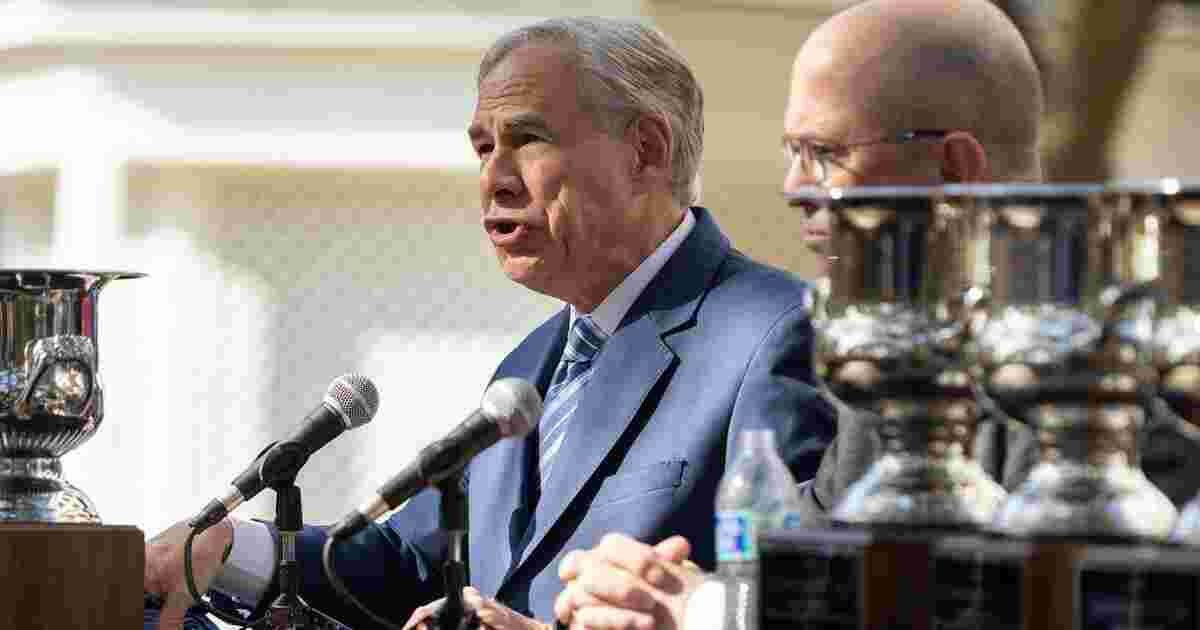Governor Abbott's Voter Roll Purge Raises Concerns
Governor Greg Abbott 's announcement that Texas has removed nearly a million people from its voter rolls since 2021 has raised concerns among election experts. While Abbott frames the action as a measure to prevent illegal voting , experts warn that it could undermine trust in elections .
Federal and state law require regular voter roll maintenance, a process that ensures accuracy and prevents fraudulent activity. However, Abbott's framing of this routine procedure as a protection against illegal voting has drawn criticism.
The majority of voters removed from the rolls were removed due to death, failure to respond to notices, or relocation outside of Texas. Over 463,000 voters were removed from the suspense list, which tracks voters who may have moved. Another 6,000 were removed due to felony convictions.
Abbott also emphasized the removal of over 6,500 "noncitizens" from the rolls. However, voter watchdogs have expressed concerns that Texas has a history of erroneously flagging people as noncitizens. In 2019, an incident involving the misidentification of 95,000 voters led to a scandal and the resignation of the Secretary of State.
County voter registrars regularly conduct voter roll maintenance. They receive and process applications, verify eligibility through the Texas Secretary of State , and use information from district attorneys' offices to identify noncitizens.
The Texas Secretary of State 's Office has implemented additional measures to confirm voter eligibility, such as data sharing with the Texas Department of Public Safety and the Social Security Administration.
Despite these efforts, election experts remain concerned that Abbott's framing of the voter roll purge could erode public trust in the electoral process. They argue that there is no evidence of widespread noncitizen voting and that such claims only serve to undermine confidence in the integrity of elections .
Election experts cautious as Abbott touts voter roll purge
Federal and state law already required voter roll maintenance. Experts warn the governor’s framing of this routine process could be used to undermine trust in elections.

Related Posts

Australian Dollar maintains gains amid cautious sentiment on RBA's monetary policy outlook.

USDJPY eyes Fed Chair Powell’s speech for clues on rate policy and market direction. Technicals suggest cautious trading.

